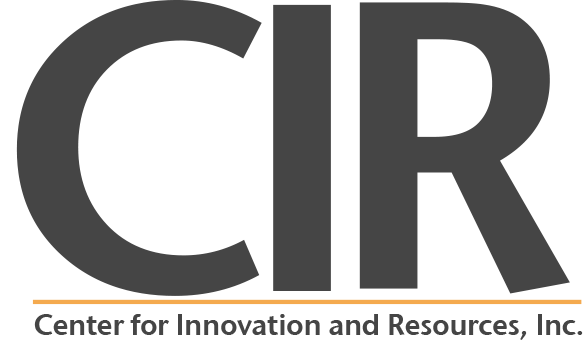Understanding Trauma Impacts and Supporting Foster Children With Incarcerated Parents
This is a FREE training event.
Start: 9:00 am
End: 4:00 pm
Location:
Goleta, CA: July 12th, 2018
If no event address is listed, it will be provided in the confirmation materials.
REGISTER ONLINE TODAY
Course Overview:
This session will offer participants a window into the trauma impacts of having an incarcerated parent, as well as explore recommended strategies for those working with foster children to mitigate these impacts. After reviewing the framework of trauma types, specific traumas experienced by foster youth, with an incarcerated parent(s), will be reviewed. Participants will be given strategies for working with foster children and how to support the adults who are caring for them. A part of the training will focus on vicarious trauma to help service providers and foster parents identify self-care techniques.
By the end of this training, participants will be able to:
- Summarize types/levels of trauma
- Explain the specific impacts of trauma on foster children
- Develop the ability to detect and assess for significant trauma reactions in foster youth
- Develop the ability to detect and assess for strengths to mitigate trauma reactions in foster youth
- Create support strategies for foster children
- Prepare foster parents and personnel to work with foster youth
Presenter: Sayida Peprah has a Doctorate of Psychology in Clinical Psychology, with a Multicultural Clinical-Community Emphasis, from the California School of Professional Psychology, at Alliant International University. Dr. Sayida completed her undergraduate studies in Psychology and Religion at Spelman College. Dr. Sayida’s background, both academically and in the field, afford her unique competence in instructing courses, counseling and consulting, from a multicultural perspective. Dr. Sayida has a strong belief and background in cultural competence and, in an effort to expand this, has participated in numerous international, cultural immersion studies. Previously, she has traveled to Ghana, Mexico, Egypt and India, studying mental health approaches, indigenous culture and local spiritual traditions.
This workshop is intended for professionals and paraprofessionals from the following disciplines: mental health, social services, non-profit, and those who provide services to foster youth and families
Agenda (subject to change)
- 8:30-9:00 Registration
- 9:00-9:45 Types of Trauma (Simple, Complex, Transgenerational)
- 9:45-10:30 Foster Care and Trauma
- 10:30 Break
- 10:40-11:15 Incarcerated Parents: What Happens to the Child
- 11:15-12:00 Assessing for Significant Adjustment Concerns, Trauma Reactions and PTSD
- 12:00 Lunch
- 1:00 -2:30 Providing Relevant Services and Support
- 2:30 Break
- 2:40 - 3:15 Reflecting on Vicarious Trauma
- 3:15 - 3:45 Provider Self-Care Activity
- 3:45 - 4:00 Debrief/Discussion/Questions and Answers
This training is FREE OF CHARGE. Participants are responsible for travel, lodging and all meal expenses. Lunch is NOT provided.
The UP Project is pleased to offer travel scholarships in the form of reimbursement to victim service agencies that attend our in-person training events. Travel scholarships will be prioritized to agencies from rural counties.
Applications can be found here.
Continuing Education: If you are interested in Continuing Education please apply and pay for credit at the training. Cash, card, and check payments.
- Course meets qualifications for 6 hours of continuing education credit for LMFTs and LCSWs as required by the California Board of Behavioral Sciences, $45, Provider #128510. The Center for Innovation and Resource, Inc. (CIR) is approved by the California Association of Marriage and Family Therapists to sponsor continuing education for LMFTs and LCSWs. CIR maintains responsibility for this program/course and its content.
All attendees will receive a Certificate of Attendance. Participants may apply for continuing education credits (CEUs) at the event. Certificates for CEUs will be mailed to participants within two weeks following the event.
For more information, questions, or grievances, please contact Emma Nichols at emma.nichols@cirinc.org or 707-992-0537.
Individuals with disabilities who require accommodations to participate in this training should also contact Emma Nichols.
